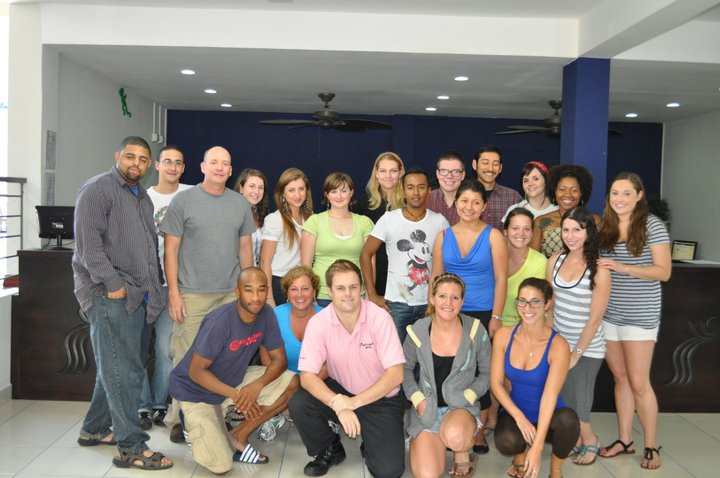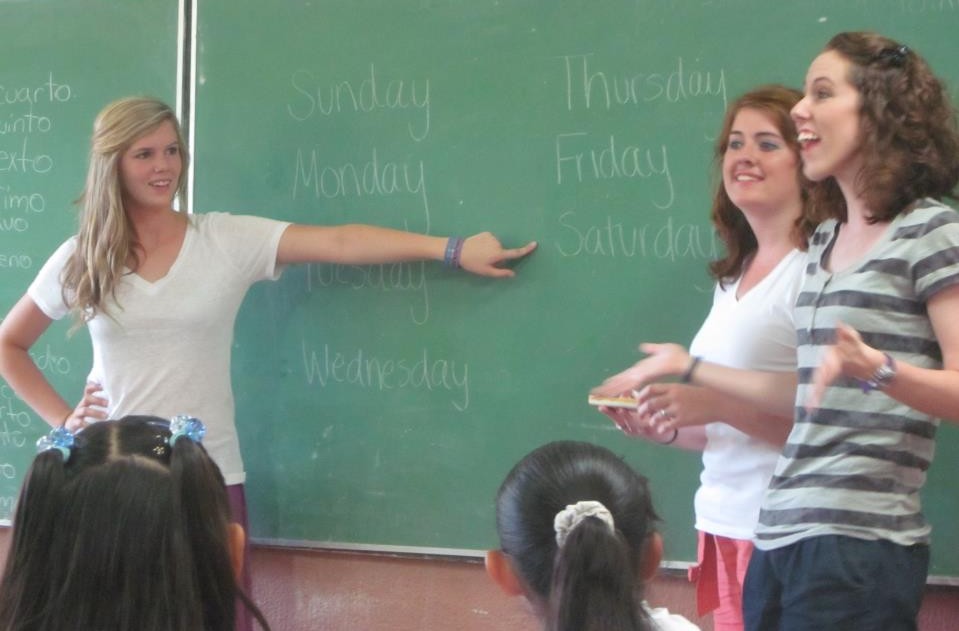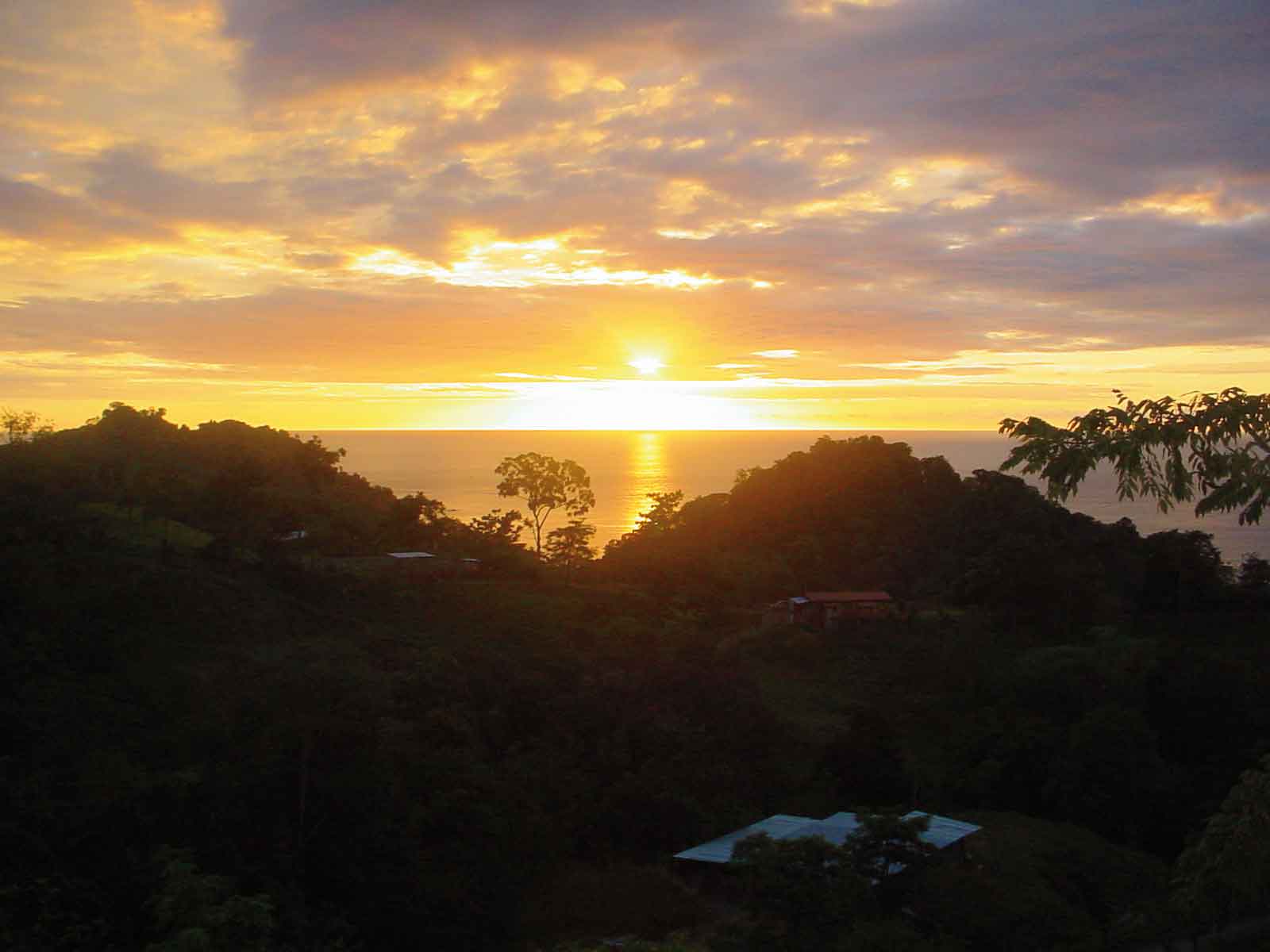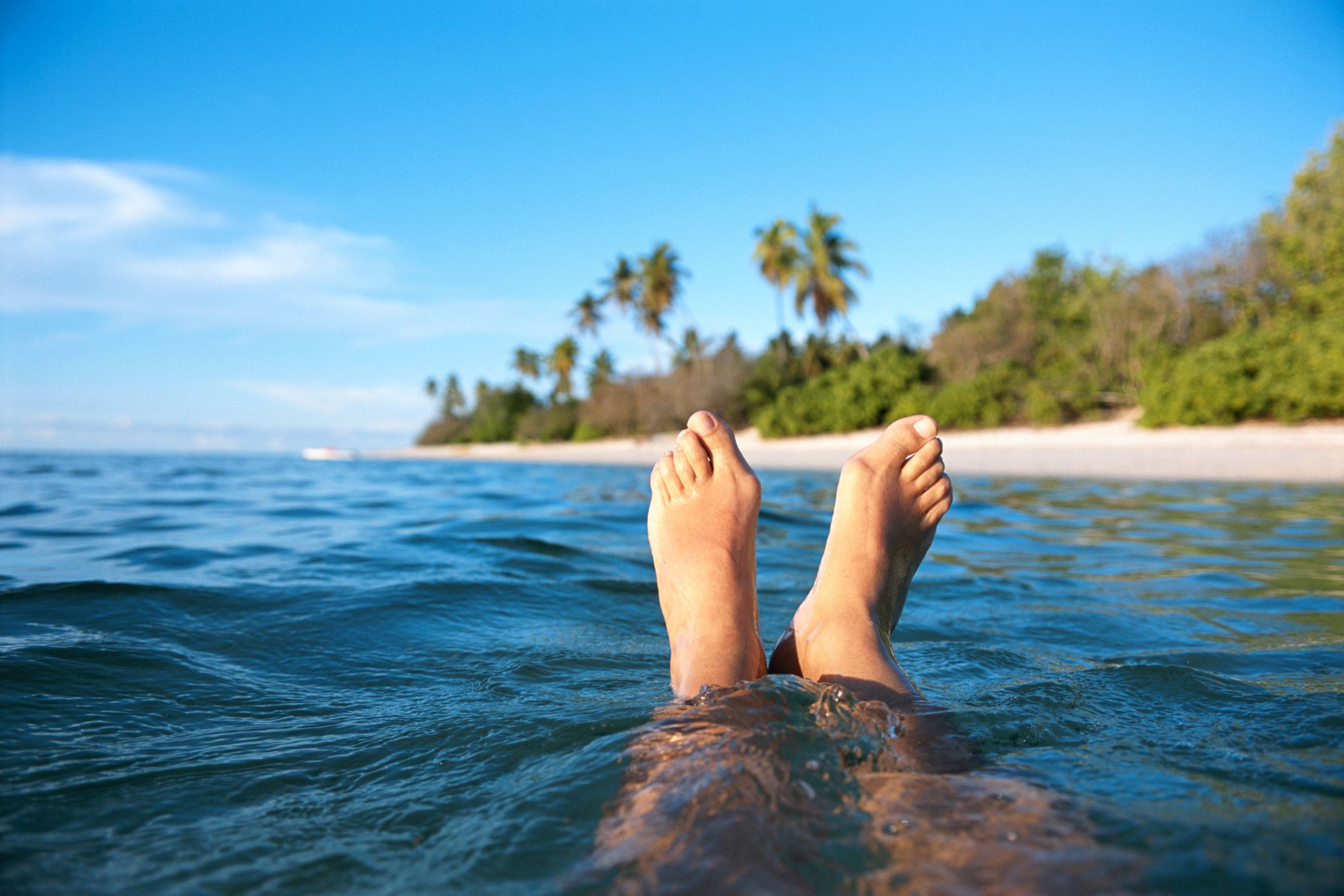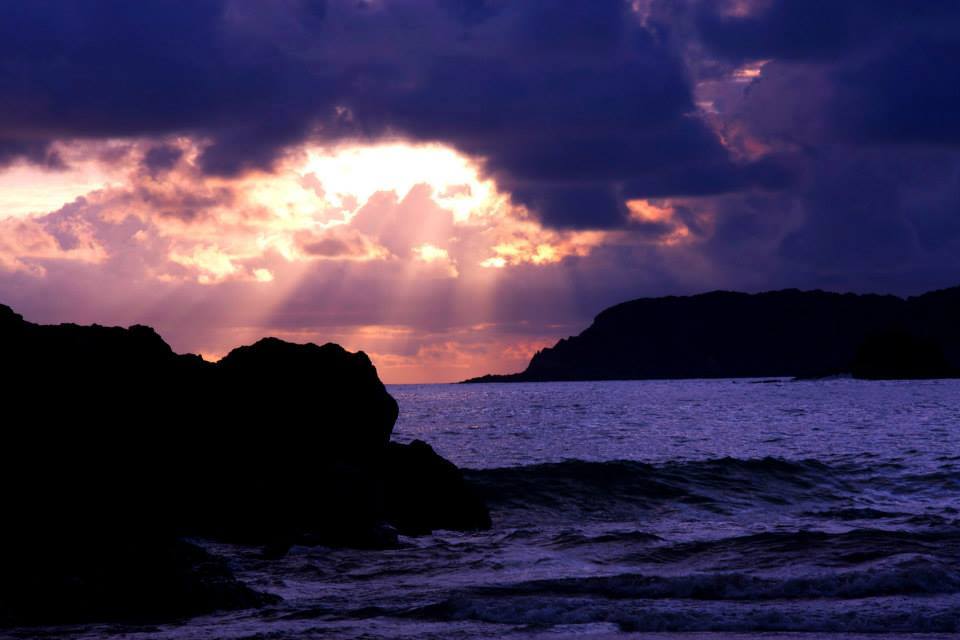Teaching English in Costa Rica
Teaching English in Costa Rica is a good choice, as it is in close proximity to many other Latin American countries and job placement opportunities exist in a variety of areas of the country. An emphasis is put on commerce rather than the use of natural resources for the Costa Rican economy, so the demand for native English speakers is immediate. The currency is the colon; a US dollar is 460 colon. Salaries for a certified English teacher can range from $700 USD - $1,100 USD per month for full time work. Private tutors can earn up to $15.00 per hour. Accommodations can cost from $350 USD to $460 USD per month, but assistance is often provided by employers.
Traveling in Costa Rica
The population of Costa Rica is just over 4 million, which is small in contrast to other Latin American countries. Dry season occurs from late December to April and wet season lasts for the rest of the year. The people are homogenous in terms of descendants; coming from mainly European backgrounds. The economy is strong, as business initiatives recently made have drawn it away from exportation of resources; more technically based corporations are developing. Unemployment is very low estimated at approximately 6.6%. Costa Rica has a reputation of providing its people with a strong social welfare system and for negotiating peaceful resolutions to political disputes. The government maintains high educational standards. Geographically, the country is one of the most dramatically picturesque of all in Latin America with plenty of beautiful coast line as well as stunning mountains surrounded by an unprecedented amount of flora and fauna. Costa Rica is a dream for the naturalist. The local people are known as friendly and as a whole they uphold strong environmental awareness. The pace of life in Costa Rica is deliberate. The people are conservative in their approach to life. Costa Ricans affectionately refer to themselves as "Ticos"; they value family above all else. Religious holidays are very elaborate as at those times of the year festivals abound all around the country. At night, the "Ticos" like to show off how skilled they are on the dance floor and find many occasions to dance the night away.
Costa Rica is a tropical paradise with a very stable government and economy. The national slogan is: 'Teachers not Soldiers'. Costa Rica is the first country to constitutionally abolish their army and maintain only a peace keeping police force. Many people refer to Costa Rica as the "Switzerland" of the Americas.
This country offers exotic jungles and rainforests with a huge diversity of flora and fauna - particularly flowers and birds - in a lush, peaceful environment. For all nature enthusiasts; eco-tourists trips range from jungle wire-slides, canoe rides and easy walks on well-serviced gravel tracks to seriously sweaty off-piste hikes. There are incredible sporting options such as horse riding, white water rafting, and surfing on incredible beaches in both the Caribbean and Pacific Coasts. But best of all Costa Rica travel is inexpensive you can get excellent weekend deals for under $100.00 USD or budget even more if you plan your trip on your own, which is highly recommended!
As far as weather, you can find an average year round pleasant climate throughout the country. The best months to visit are definitely December through April thanks to clear skies and cool winds however, this is the most visited time of year therefore you will likely find foreign tourist in every corner of the country. Visiting from May through November provides a much less touristy feeling but the rainy season is in full affect rising humidity and temperatures. A great advantage of coming during the rainy season is the spectacular waterfalls that rise throughout the jungle and central valley. The coasts are both hot and humid, 20C - 33C. Inland temperatures range from 15C - 27C.
Some of Costa Rica's main attractions include:
Nature comes first, with about 70 great parks featuring all kinds of wild things. Jungle Safaris are also becoming very popular and are very accessible at under $50.00 USD.
Arenal Volcano, near la Fortuna: climbing is forbidden, but the live lava views can be spectacular.
Rincon de la Vieja, a satanically misshapen volcanic landscape of craters and pools and bubbling mud. Good for hiking, riding and simmering in hot springs. Definitely a must thanks to its unique geological features.
Beaches: many are near to nature reserves so beach/wildlife combos like Manuel Antonio are a good option. The Pacific side offers the best selection of beaches though some - like Playa Jaco - are overdeveloped while Puntarenas is unpleasantly polluted. The NW Peninsula de Nicoya is hard to reach but has some superb beaches with laid back village support, including Playa del Coco, Playa Samara and Montezuma
Activities:
Hiking: mostly through the jungle/ rainforest, travelling with or without a guide, long or short, easy or blistering, take your pick... Corcovado has the most serious hikes, though sticky.
Santa Rosa is drier, while Chirripo offers highland hiking. Volcano watching: Arenal is currently the liveliest cone in the world and has mini-eruptions hourly while the neighboring town of La Fortuna offers loads of activities, including Arenal treks.
Biking: not a common form of travel because of the rough roads but possible, with some first class mountain bikes for rent. Roads can be crude but empty and interesting, avoid the wet season for biking unless you enjoy mud wading. Prime targets are the Orosi Valley near San José or trails around Lake Arenal. Serious bikers may care to tackle the Ruta de los Conquistadores from the Pacific to the Caribbean; it is quite a physical challenge.
Caving and jungle treks are not for the faint of heart. You wish to be careful when exploring these activities because of treacherous terrain and dangerous insects or nocturnal predators.
Canopy tours are awesome since you are able to see the rainforest from a monkey's viewpoint. Platforms, wire slides and suspension bridges high in the trees. River and sea kayaks are frequently available to travelers. The list goes on with windsurfing, swimming and snorkeling, and deep sea fishing. Take your pick and Costa Rica will provide.
Transportation:
Buses are fine in Costa Rica but watch out for pickpockets. Choose official taxis with a light on top and a yellow triangle. Others often fiddle their fares. Car rentals are also a great option for moving around. Within the cities, moving around on public transportation is very easy and convenient. Mainly in San Jose, there are public transportation buses that will take you anywhere in the city in no time at all. Becoming familiar with the routes is not too difficult since they mostly run along major avenues.
Festivals:
Jan 14, Santo Cristo de Esquipulas day is mainly celebrated in San Jose and includes religious activities, fairs, dances, games. During the month of March you can enjoy the International Arts Festival, San José. The 1st week of December welcomes the Light Festival in San José.
Cuisine:
Costa Rica cuisine is on the solid side, featuring traditional Central American staples like rice, black beans, corn, beef and chicken. Otherwise some Mexican-style food is available, such as tortillas, or the usual North American suspects - pizzas and burgers.
Money:
ATMs are picky over cards they pay out to. Visa cards are the only safe bet. Also take some cash for emergencies, but buy some local currency too for little purchases out of town. If you shop/eat/drink using your credit card you may find an absurd 10% surcharge on the bill therefore you wish to avoid using your plastic other than for ATM withdrawals.
Phones:
Don't use either credit card phones or special 'Call USA/Anywhere' phones. Prices are outrageous. Buy a phone card instead which you can find at any convenience store.
Electricity:
120v, flat 2 pins.
Safety in Costa Rica:
The country in general is quite safe, but take precautions and above all, use your common sense! Do not wear backpacks on your back or shoulder bags on your shoulder put them across your chest; keep most of your money at home, the rest in a zipped/ buttoned or velcroed pocket; do not take your eyes off your bags/ cases for a second, unless you put an arm/leg through a strap first, de-baggers are inconspicuous and very fast! Do not wear expensive jewelry/watches, not even gold earrings. Avoid empty streets and night walks.


 ITTO School's Map
ITTO School's Map MEXICO
MEXICO Guadalajara
Guadalajara Puerto Vallarta
Puerto Vallarta Chiapas
Chiapas Playa del Carmen
Playa del Carmen ARGENTINA
ARGENTINA Buenos Aires
Buenos Aires ITALY
ITALY Florence
Florence CANADA
CANADA Toronto
Toronto Vancouver
Vancouver CHINA
CHINA Shanghai
Shanghai COSTA RICA
COSTA RICA Manuel Antonio
Manuel Antonio Playa Samara
Playa Samara CZECH REPUBLIC
CZECH REPUBLIC Prague
Prague FRANCE
FRANCE Toulouse
Toulouse GUATEMALA
GUATEMALA Antigua
Antigua PERU
PERU Cusco
Cusco SPAIN
SPAIN Barcelona
Barcelona Madrid
Madrid THAILAND
THAILAND Chiang Mai
Chiang Mai USA
USA New York
New York Chicago
Chicago Miami
Miami Online TEFL Programs
Online TEFL Programs Compare Course Features
Compare Course Features

